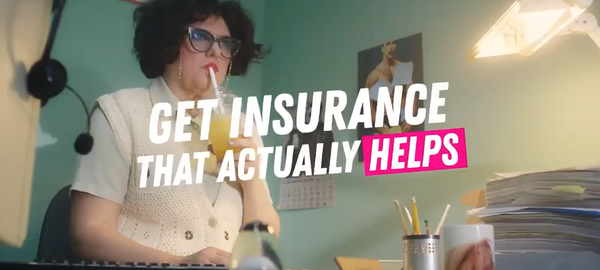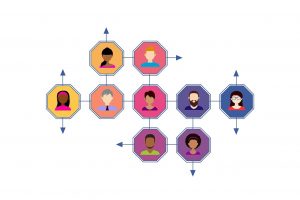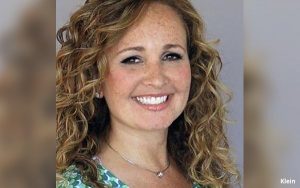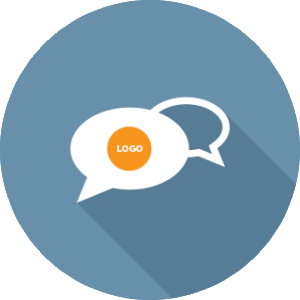Lemonade’s First Branding Campaign Comes With AI Data
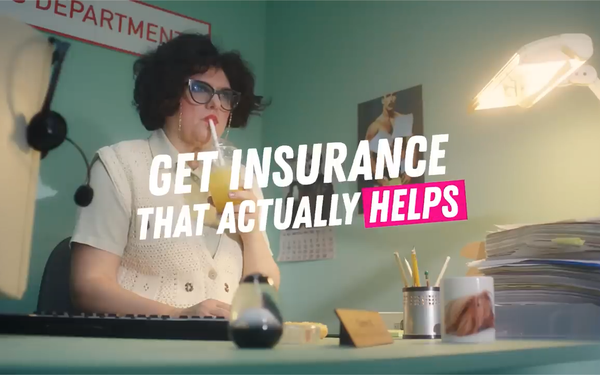
Insurance company Lemonade released its first brand campaign in the United States on Monday supported by technology, specifically artificial intelligence (AI).
The six-year-old company, which began as a tech startup, built its services on AI technology, which allows customers to get faster service supported by a bot named Maya. “Lemonade took a similar approach to advertising as most tech startups, which spend marketing budgets on performance and then move to branding,” said Liron Smadja, head of the company’s brand marketing.
“About 15% of claims are completed without needing to speak with anyone,” he said. “Ironically, AI allows us to be more human-like. It speaks to people in their own language without the jargon.”
Lemonade designed the three ads with creative agency Gus, which has also worked with Spotify. Each targets an emerging customer for the company, including the dual income, no kids, with a dog (DINKWAD) family. The relatable moments show how Lemonade’s technology solves frustrating experiences that consumers sometimes experience with “traditional” insurance companies.
“We tried to rethink insurance for 2023,” Smadja said. “[We] meet all the expectations of Gen Z-ers and millennials, who are used to getting things instantaneously.”
The spots will run in Chicago, Nashville, and Austin across connected television and on YouTube.
The companies will monitor brand key performance indicators looking for Google brand search increases, dropping awareness, and will apply the same incrementality model it uses for acquisition marketing.
“We work closely with Google to build and measure campaigns,” Smadja said. “We will look at brand search and how it translates to click-throughs. This is a full-funnel campaign, so we expect spend to increase.”
It’s all in the data, he said. The data and analytics company Ipsos provides a bigger picture with panel data as a key indicator for brand health.
Lemonade also worked with production company Hobby Film, and post-production company Nomad Editing. It has a major office in Tel Aviv, but supports customers in the U.S., U.K., Netherland Germany, and France, and now claims about 1.9 million customers.
“We are up against giant insurance companies with giant budgets,” he said. “Our philosophy with creative has always been to penetrate through all the noise and standout. We looked for a highly conceptual agencies, like Gus, one that would say a lot without saying a lot. We don’t like anything highly scripted.”
(4)
